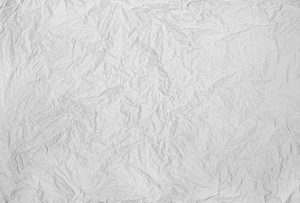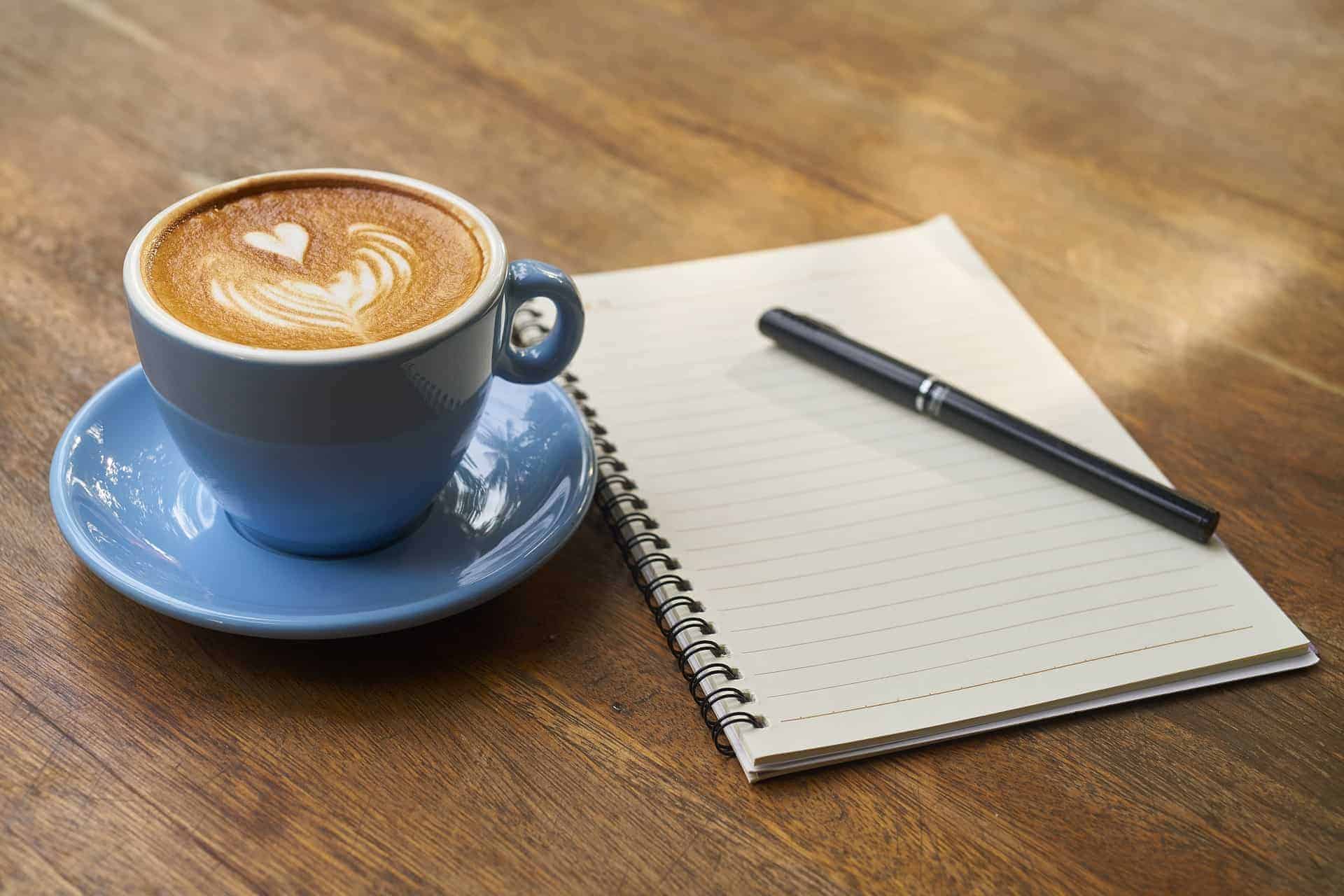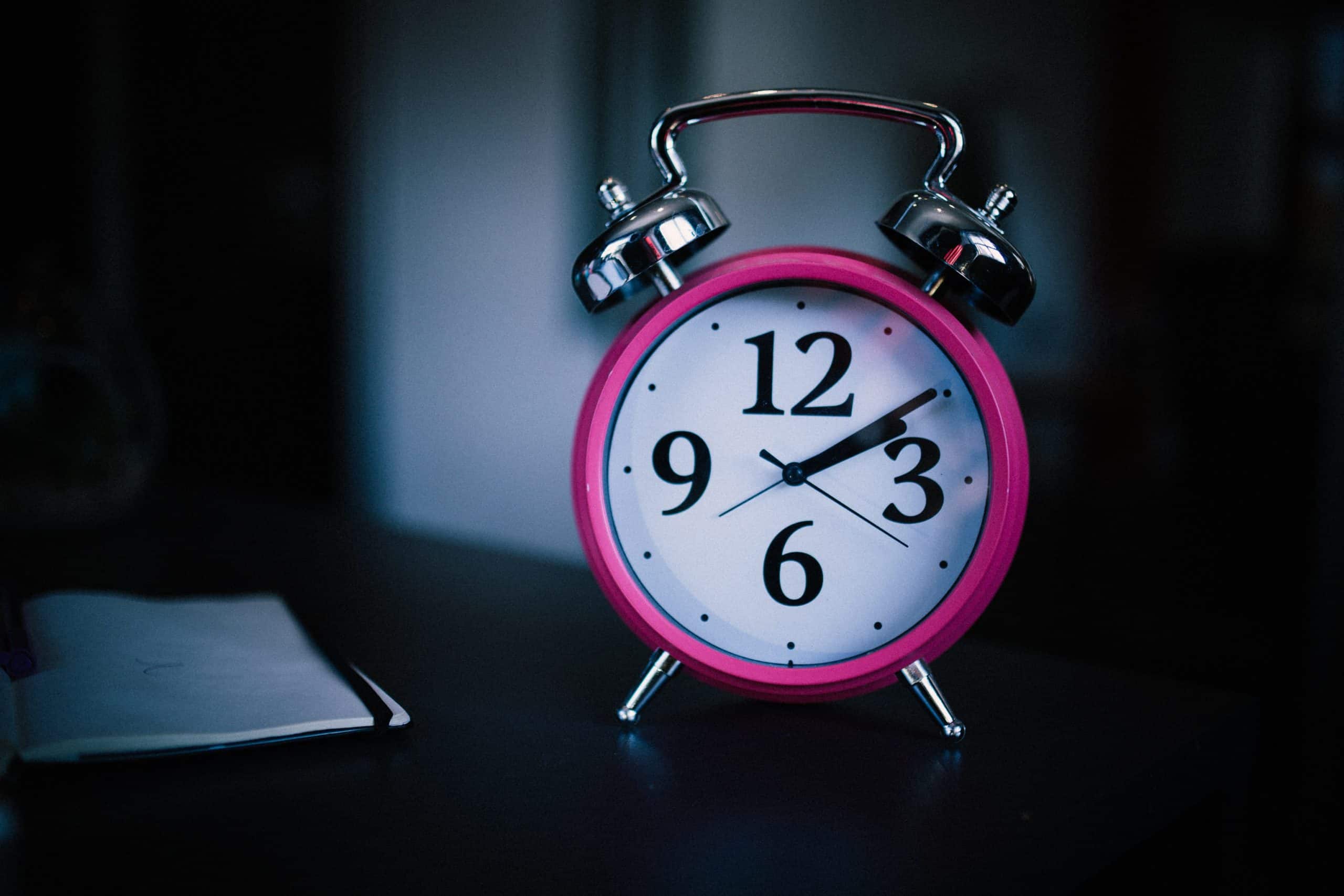
I’ve recently moved homes and let me tell you, my energy and therefore my productivity has increased immensely.
Working from home is a tricky thing. I’d say that I was comfortable at my old place but it was a better apartment than an office. Located in the Melbourne CBD, overshadowed by taller buildings it was dark in the mornings til about 2 pm. I quickly realised that I didn’t feel mentally ‘awake’ til around that time which is not great if working with clients at 9 am!
ART
My new place has an abundance of light and is close to quiet green spaces which is invigorating me. I was putting all this down to the old adage of ‘change is as good as a holiday’ but there’s more to it than that. And that’s attention restoration theory (ART).
The theory is that people can concentrate better after spending time in nature or even just having looked at scenes of nature, directly or through images. Our environment has the capacity to restore our attentional deficits and the research suggests that there are certain qualities that restore attention, leading to improvements in our physical, mental, and social well-being. Amazing!
Incredibly, research has shown that after surgery, patients resting in rooms overlooking trees recovered better than those in rooms with only a view of a brick wall. They experienced fewer complications from the surgery, recovered faster, and asked for weaker painkiller drugs! How cool is that?
Things you can do
As human beings, we are constantly seeking and evaluating information. In general, we are quite skilled in evaluating and discerning information from our environments. So it makes sense that increased environmental stressors (so city living for me in this case) on top of everyday stressors results in information overload, ie: mental fatigue.
What can you do (if you can’t move house)?
- Add an indoor plant to your space
- Add a poster of nature
- Change your screensaver to a natural landscape (beaches, forests or mountain landscapes) and daydream for a little bit each day
- Have a morning routine of walking the block before starting work
- Take a weekend away to stock up on interactions with nature
What you’re trying to do here is insert aesthetically pleasing yet “unimportant” stimuli into your environment to combat mental fatigue. Doing so allows your mind to wander freely and relax which then helps the mind restore its directed attention capacities.

Let me know what you’ll do.
Talk soon,
Christie







